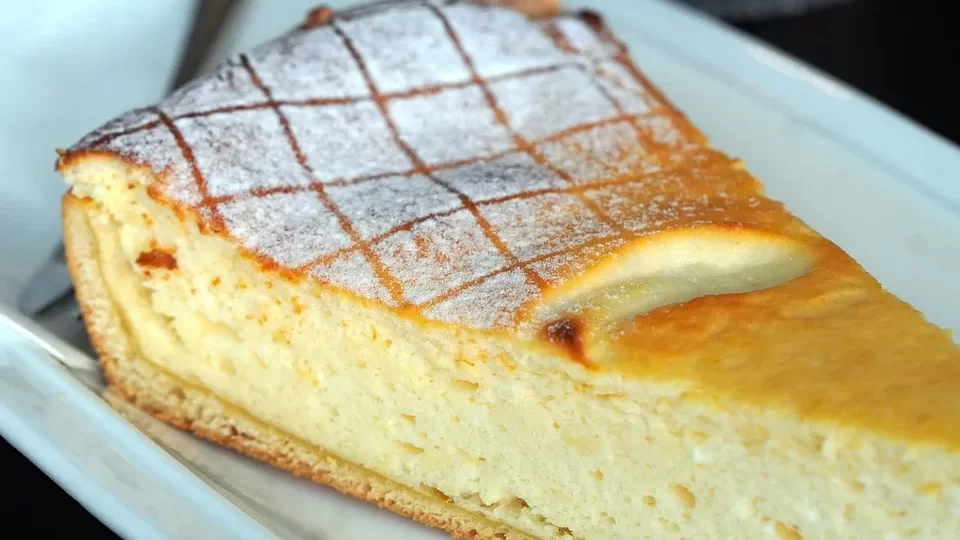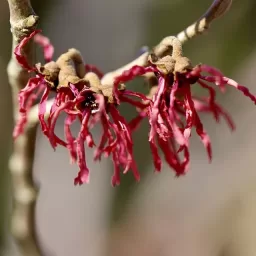
It’s Not Recovery That Hurts, It’s Your History
If you are the victim of narcissistic abuse by a parent, spouse or someone who was in a position of authority or control, you have probably experienced the paralysis of pain when you try to recover. That pain is not caused by your recovery, it is caused by the historic wounds on your soul.
Here are a few specific ways that your history causes you to hurt when you are in recovery.
- A wound may appear to be healed, but there is still emotional scar tissue. A bad scrape to you shin will heal. It will form a scab that eventually falls off leaving a scar. That scar may make the spot tender for years. If you press on or hit the scarred area you will feel some pain or at least discomfort. Emotional wounds work the same way. In recovery when you start poking around in your psyche, you will likely find some tender spots. The poking may cause discomfort or it may cause a sharp pain. The poking would not hurt if there were not any tender spots.
- The tactics you used to shield an injury may have widened the area of pain. Years of hearing that you are the family problem, are not good enough, are unlovable or some other humiliating condemnation will likely inflict a wound. However, the injury does not end with the wound. Humiliation about something that is part of your core being will cause you to protect that something. If you have a physical injury you will change the way you move or sit or lay in order to protect the injury. That change in your movement or posture will likely make some other part of your body hurt or become sore. Just like a game of whack-a-mole, the cure may cause as much pain as the injury. Several years ago I broke a tiny bone in my elbow and had to wear a metal brace internally for a year. The bone healed nicely, but because of wearing the brace for so long my arm is weaker than before the injury and it will not straighten out completely. Both things can cause my arm to ache. When I had the metal brace in and hit it against something, I experienced a pain unlike any I had or have ever experienced. I was once trying to open a sliding door that was stuck; when the door released suddenly, I hit the door frame with the part of my arm that contained the metal brace. It hurt so bad, I had to sit down. I swear that metal brace vibrated. So, if you have had an emotional injury, whatever you have done to protect that injured area may also cause you pain. This is especially likely when you start peeling away the layers of abuse as you work through recovery.
- Abuse can cause you to stop using an aspect of your personality. Then when you work to recover, using that aspect can feel clumsy, abnormal or even dangerous; it can be uncomfortable or painful. In this situation recovery is a lot like physical therapy. When your knee has been replaced or a limb has been broken or even after you have had a heart attack, recovery involves rehabilitation. Rehabilitation can be very painful. I again use my broken elbow as an example. Once the brace was in my arm and the incision had healed adequately, I began physical therapy. It was definitely a case of “no pain, no gain”. For six weeks my arm had been in a sling and pretty much immobile. So, stretching it out and building back the strength and flexibility felt a lot like torture. The pain of physical therapy causes many people to find excuses not to do it and even causes some to give up. Recovery from abuse, particularly narcissistic abuse, involves reactivating and strengthening personality aspects that have been inactive, usually for a very long time. The history of not using the aspect (often multiple aspects) triggers fear and pain.
Both living in narcissistic abuse and recovery from it involve tradeoffs. While living in it, you put up with the abuse and shield yourself or you feel the sting of the narcissist’s venom. While in recovery, you endure the pain of history brought to the surface by your therapy and self-work or you live with the dejection and insulated emptiness you built during the abuse. The biggest difference, to me, is that the pain during abuse is followed by depression and sorrow; whereas, the pain felt during recovery is followed by victory and peace.
As always, I encourage all who have experienced narcissistic abuse to write. Writing is the mind’s natural way of dealing with an emotional problem and therefore assists in recovery. It does not matter what you write. I write fictional tales of narcissistic abuse and articles like this. You can write poetry, letters, lists, stories, journals, etc. You can share your writings with people that are safe and respectful or you can hide them under your mattress. (All the experts say not to share them with the abusing narcissist because you will never convince him/her that they are at fault for anything and you will likely incite them to new heights of abuse.) Writing will enhance and hasten your recovery because the action of writing pulls the pain out of your soul and puts it into a solid form, instead of the murky mess that clouds your brain. Some people even burn, shred or tear up their writings as a symbolic destruction of the pain caused by the abuse.
Let me know how you use writing to deal with hurt during recovery.
recovery
#Recovery #Hurts #History
Will be pleased to have you visit my pages on social networking .
Facebook page here.
Twitter account is here.
Linkedin account here
Post byBedewy for info askme VISIT GAHZLY



